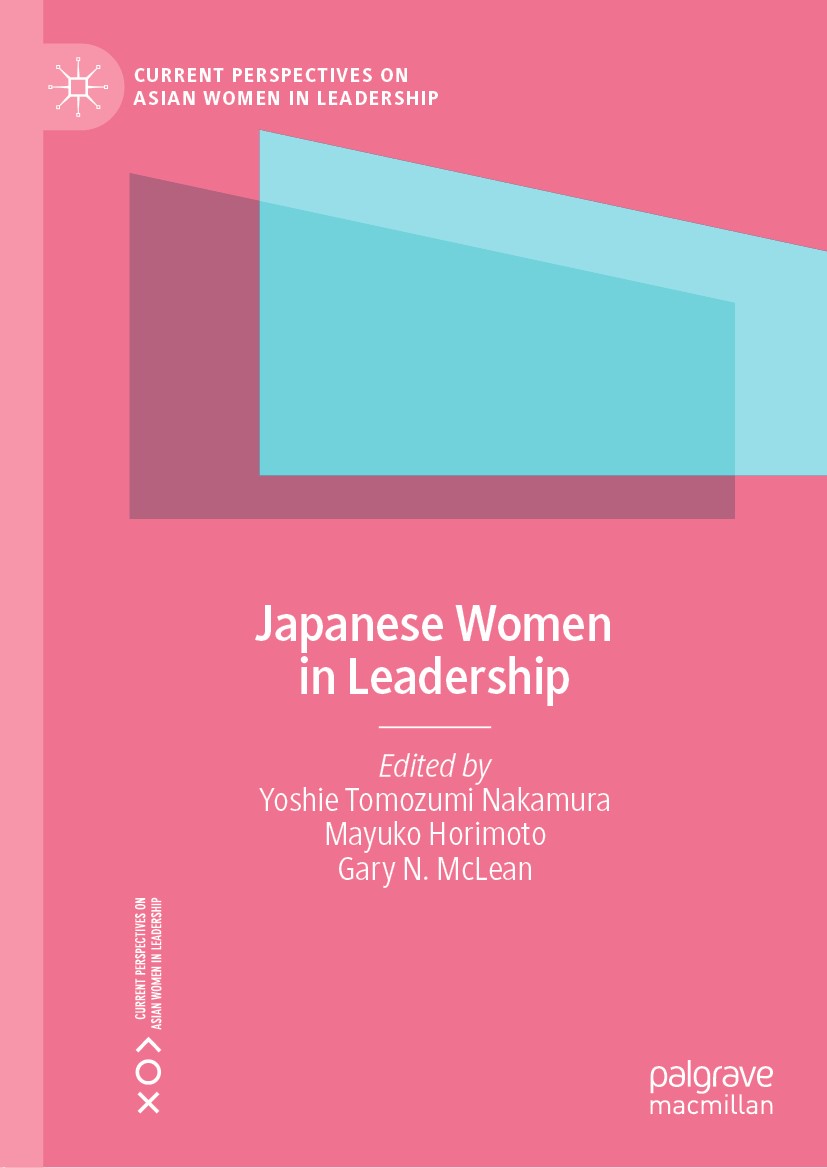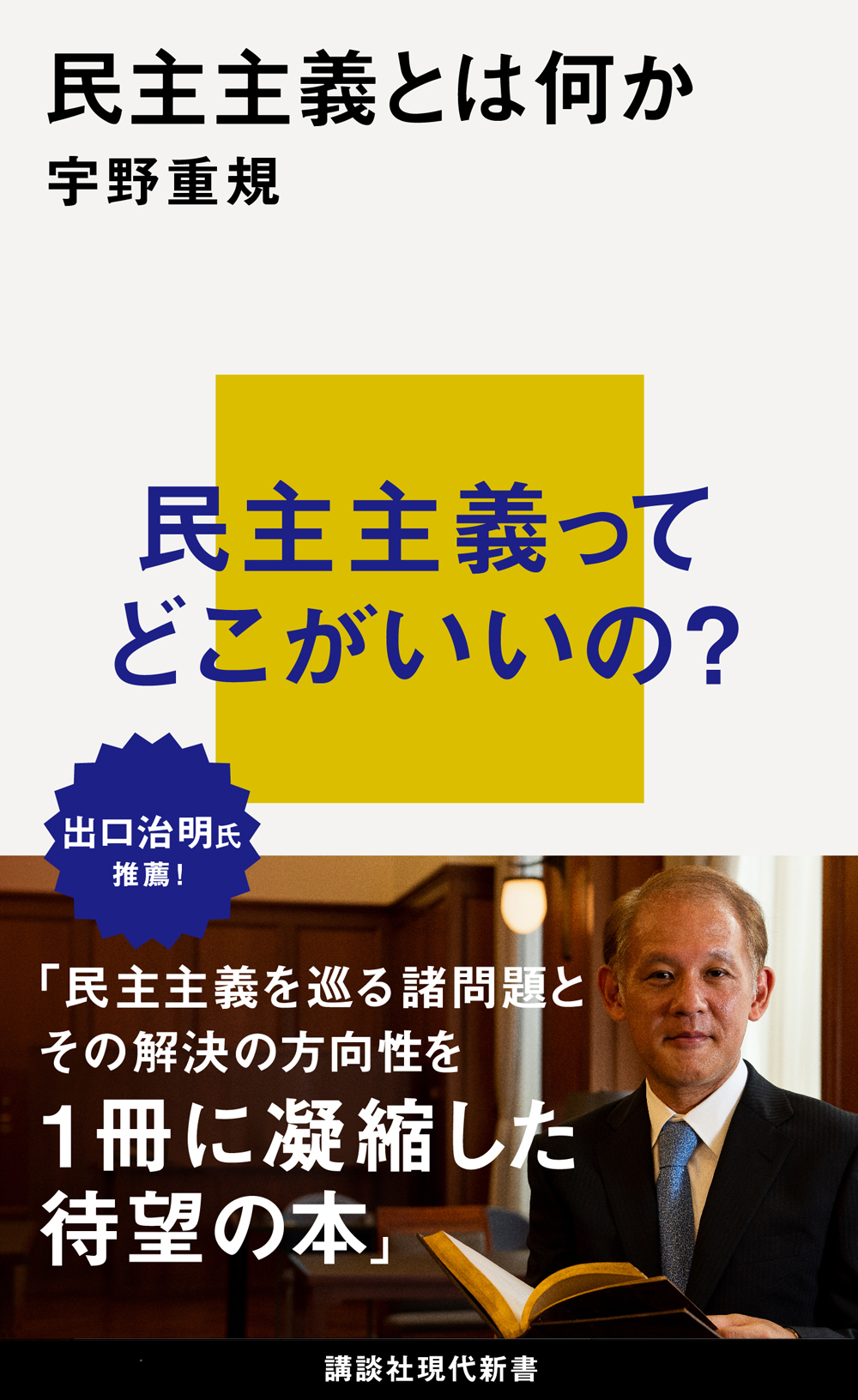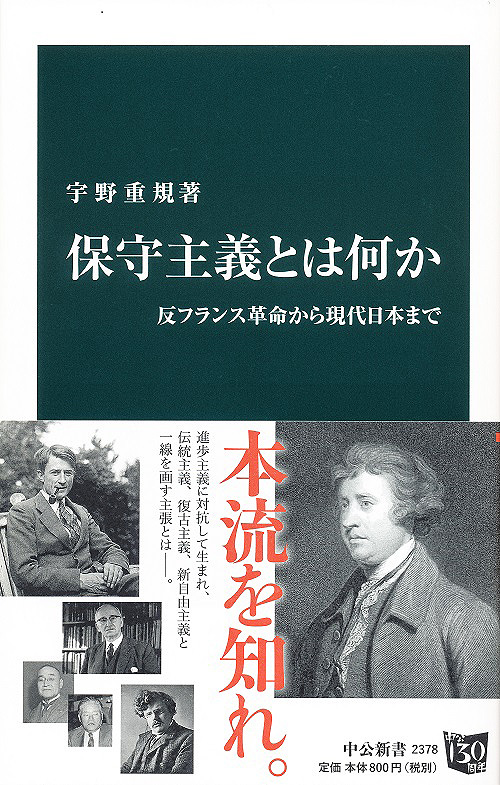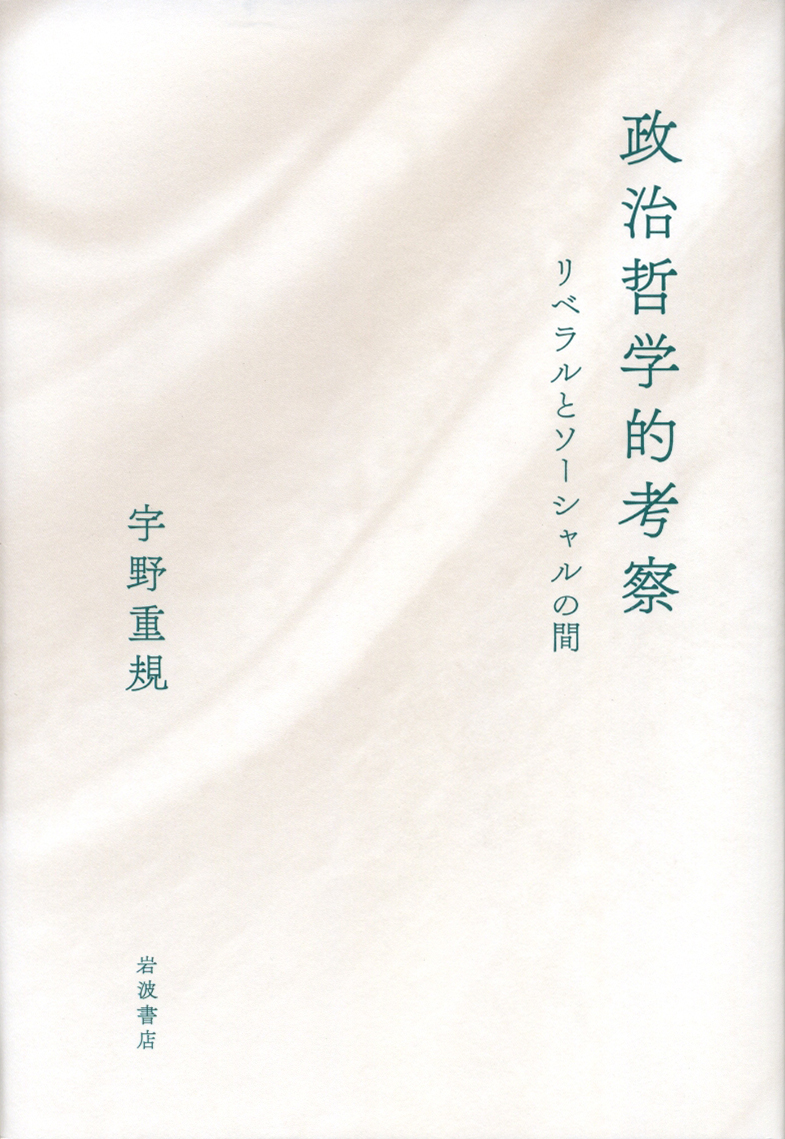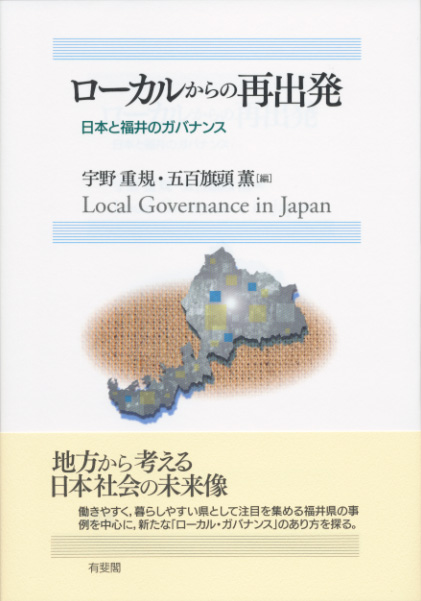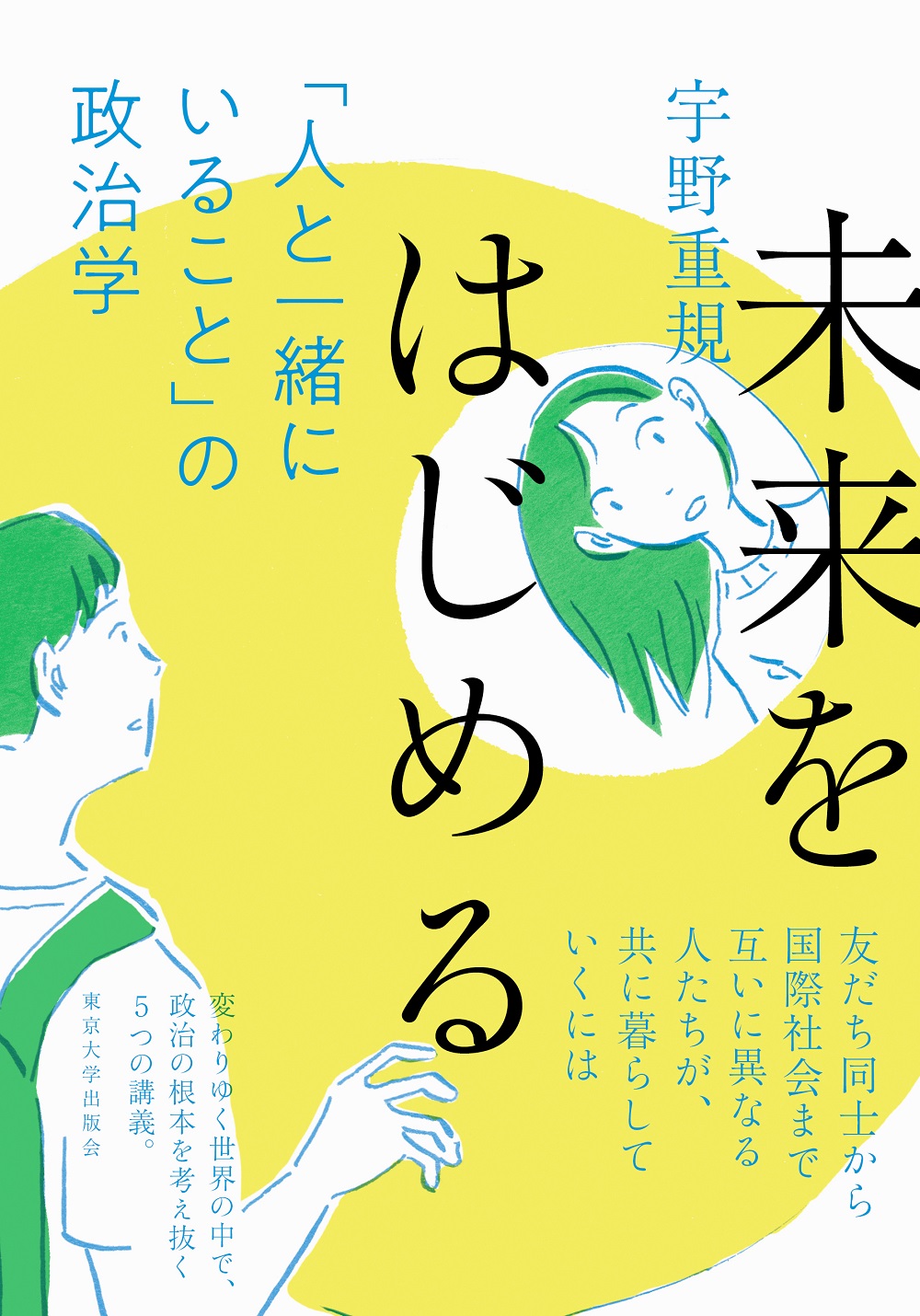
Title
Mirai o Hajimeru (Beginning the future - The political science of “being together with people”)
Size
296 pages, 127x188mm
Language
Japanese
Released
September 25, 2018
ISBN
978-4-13-033108-1
Published by
University of Tokyo Press
Book Info
See Book Availability at Library
Japanese Page
This book is based on lectures in political science given at a private junior and senior high school for girls. As far as possible incorporating content that differs from university-style introductory lectures in political science, the goal of the book is to have the students think about politics and democracy more in line with interests familiar to junior high and senior high students. Yet, I have no option but to leave it to the judgement of readers to tell whether I have been successful or not.
One motivation for planning this book is the so-called “political apathy of young people.” Certainly, despite the introduction of the right to vote for 18-year-olds, the turnout of the young adult segment of the population remains low. Even looking at different types of public opinion polls, only around 30% of people in their 20s and 30s responded that they “trust representative democracy.” In other words, the remaining 70% does not trust representative democracy. Young people do not go out to vote precisely because they do not believe in politics and democracy. We often hear this, but is it true?
My own actual day-to-day feelings are a little different. Not limited to students of the University of Tokyo, the remarks I have heard from people of the younger generation, including many junior high and senior high school students I met here and there were, “I want to make some kind of contribution to society,” and “I want to do work that will bring about changes in society.” What can be glimpsed from this is a hopeless gap between a desire to “make a contribution to society” and an aspiration to “become involved in politics.”
How to close this gap is the point of departure of this book.
I began from the worldview of the students. It is often said in the media that “Disparities are widening in the world, and this is disturbing democratic politics. This is leading to a split in public opinion and the rise of populism. Democracy is retreating and we are increasingly seeing dictatorial leaders coming to the fore. The world is heading toward disorder and chaos.” I began my discussion with the students by asking them if they felt this was true. Especially, confirming such facts as the growth of the middle class in the countries known as emerging countries and the rise in the average lifespan in the world as a whole, we discussed the fact that, seen worldwide, there is a trend toward a leveling out among the former advanced countries and developing countries.
Partly because these lectures were given at a junior high and senior high school for girls, gender inequality in Japan also became an important point for discussion. Gender divisions of labor, and differences in work style, such as with job-based employment and membership-based employment, were also topics that were discussed. What I caught sight of from this was a kind of “hesitation” based on the girls’ feelings about their actual everyday lives. From there, the themes broadened out further to “luck and equality,” and I believe that a significance of this book is that I was able to confirm with the students a large number of crucial issues regarding what the nature of a just society would be.
From the middle of the book, considerable space is devoted to topics such as discussions about the classical political thinkers and electoral systems, which always appear in introductory political science. This is a book that offers material for thinking broadly about politics, from friendships within a class to Rousseau and Arendt. I would be delighted if people who have felt thus far that political science was not for them would pick up this book and take a look inside.
(Written by UNO Shigeki, Professor, Institute of Social Science / 2020)



 Find a book
Find a book


